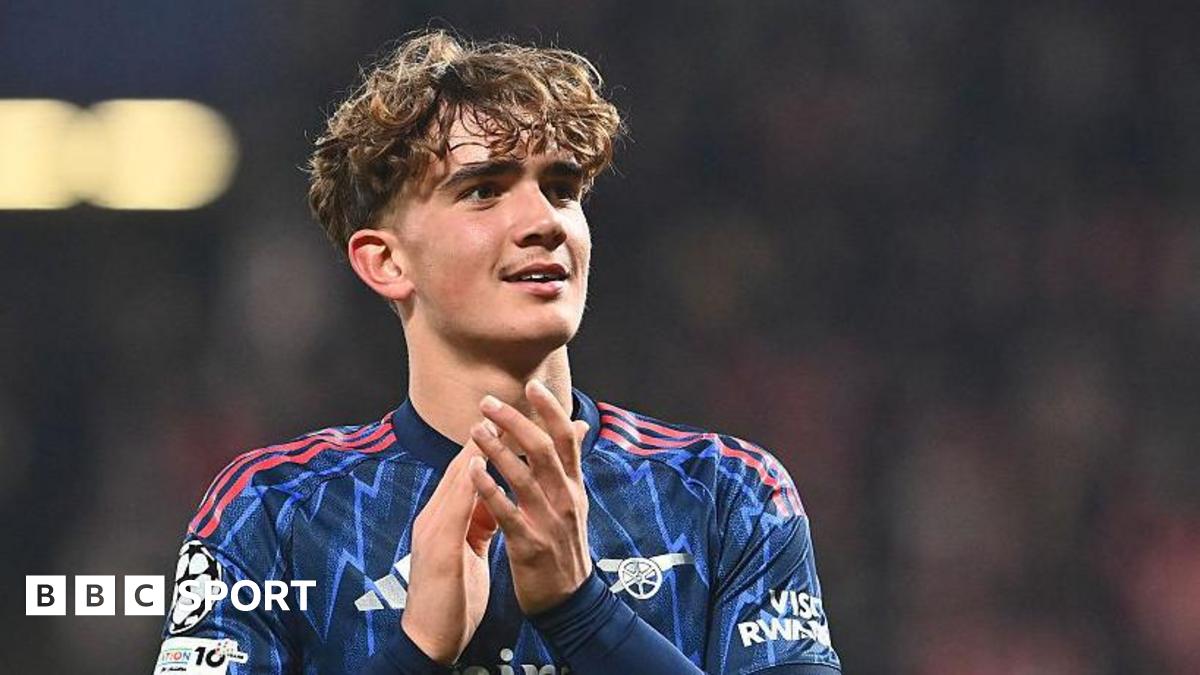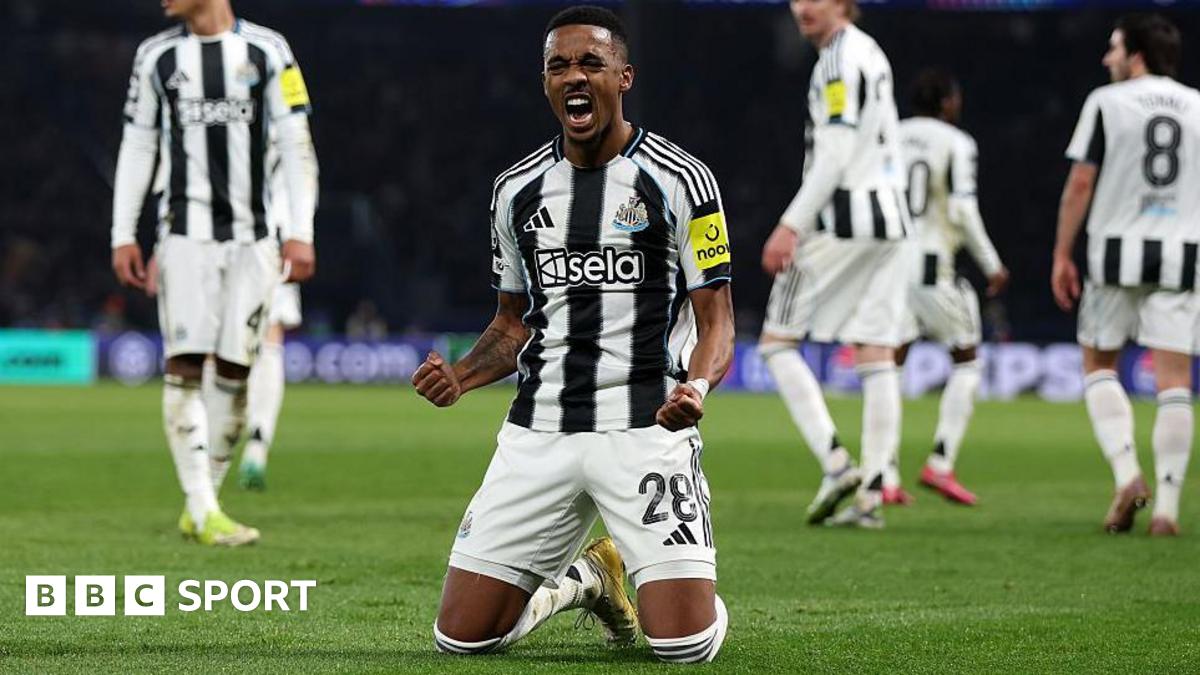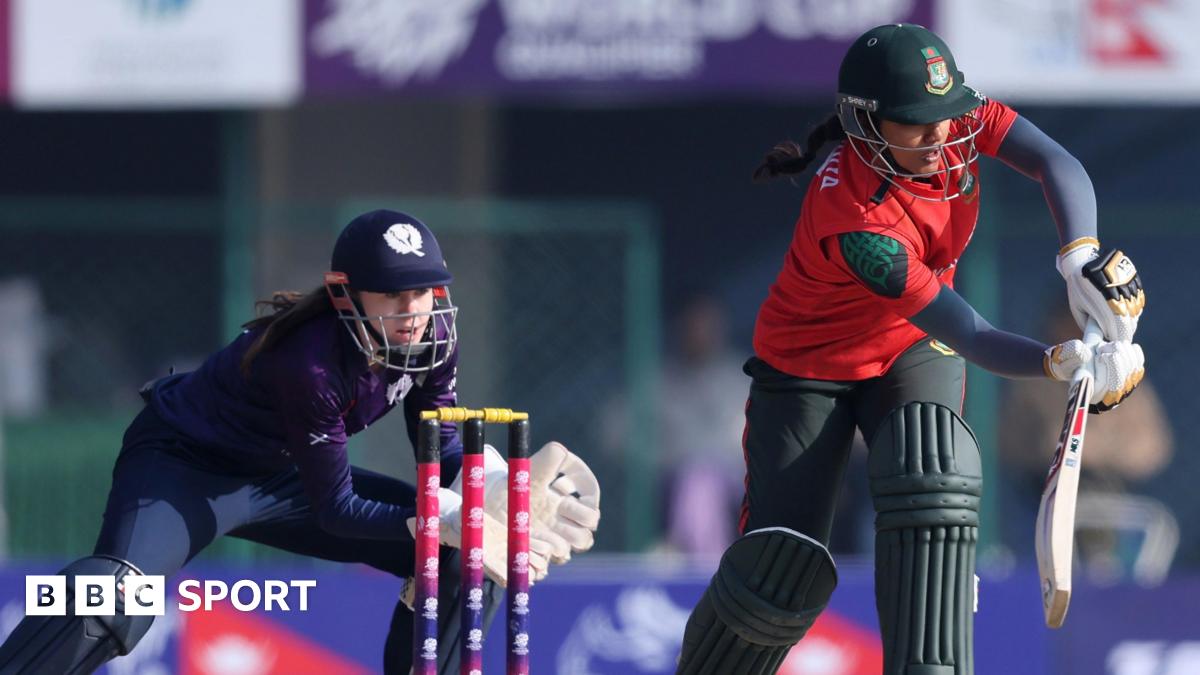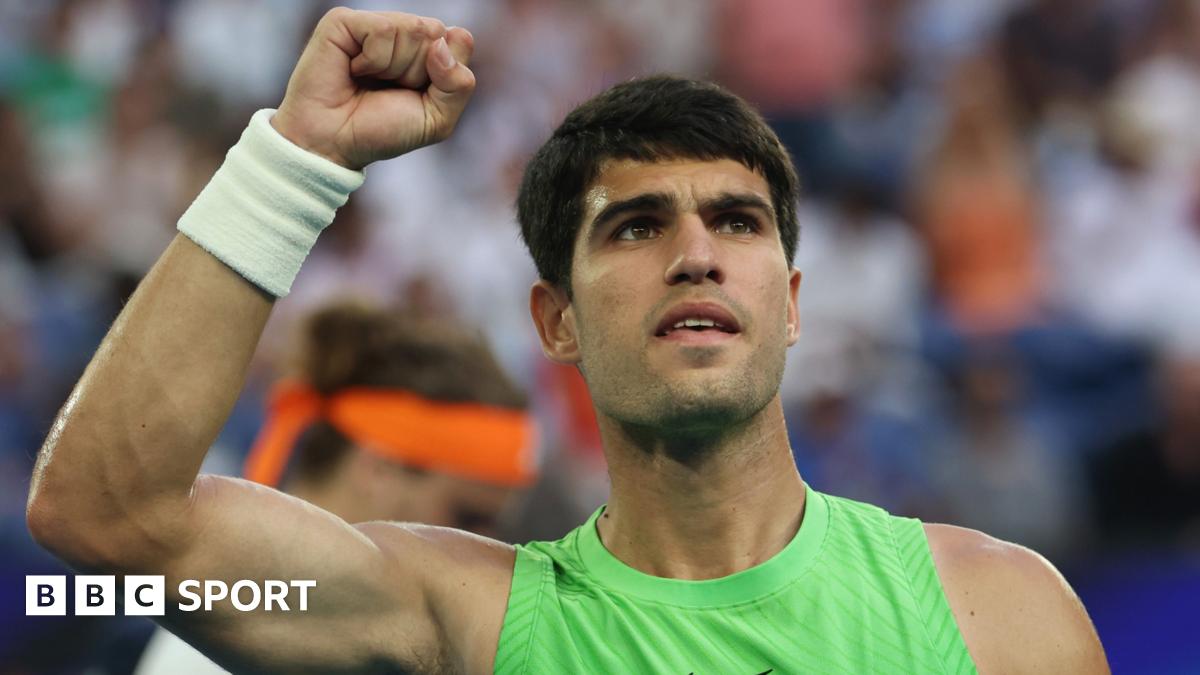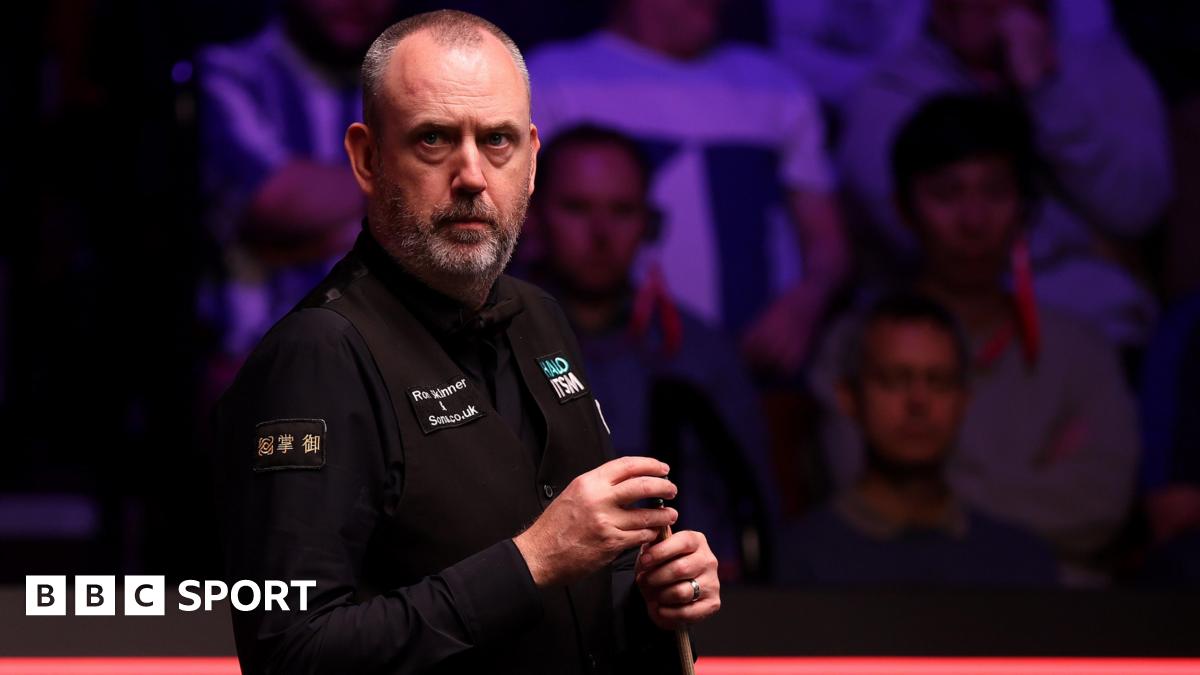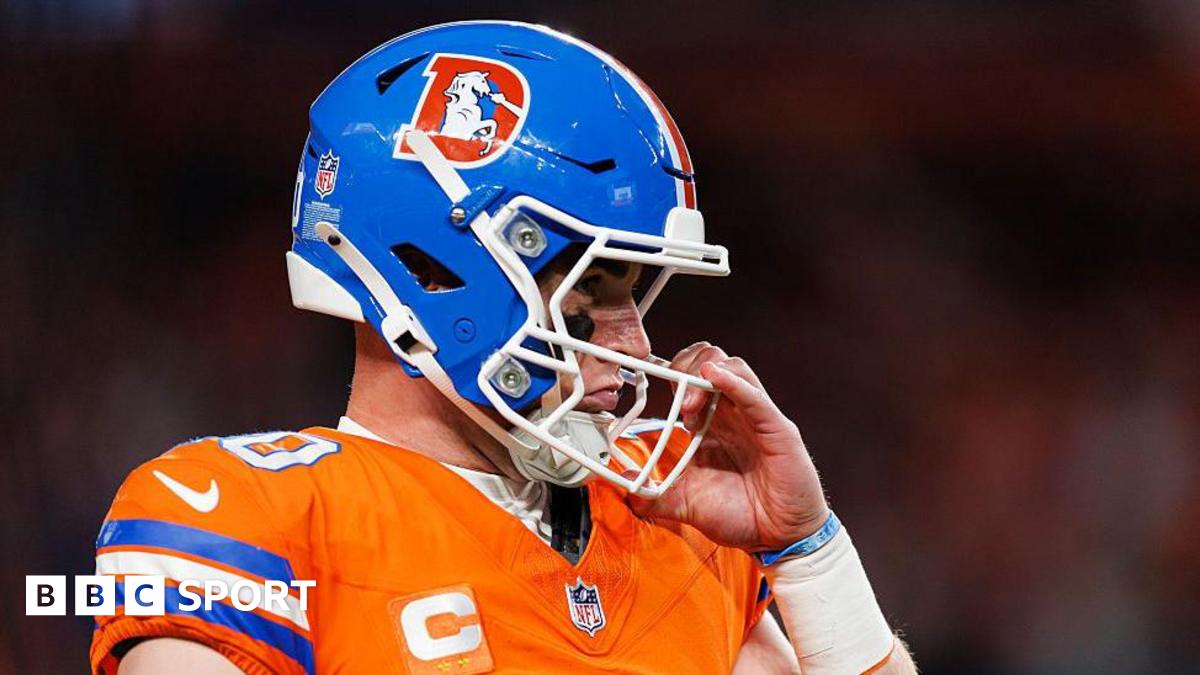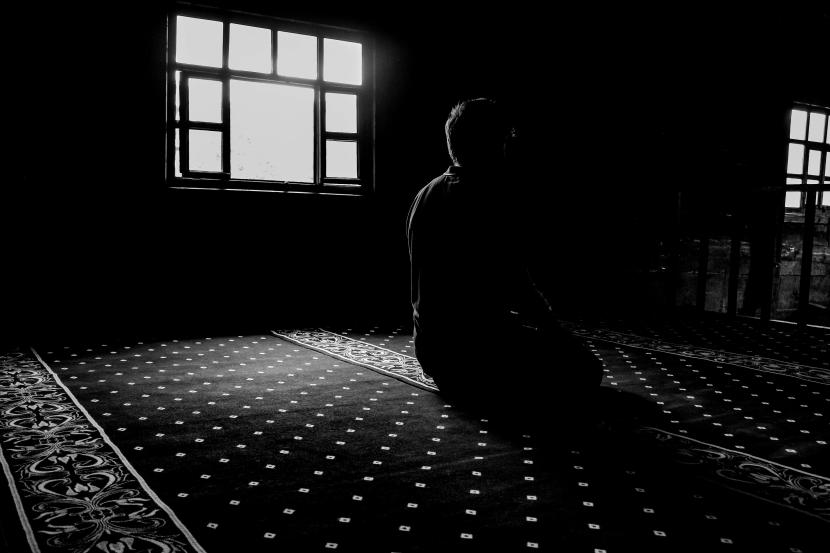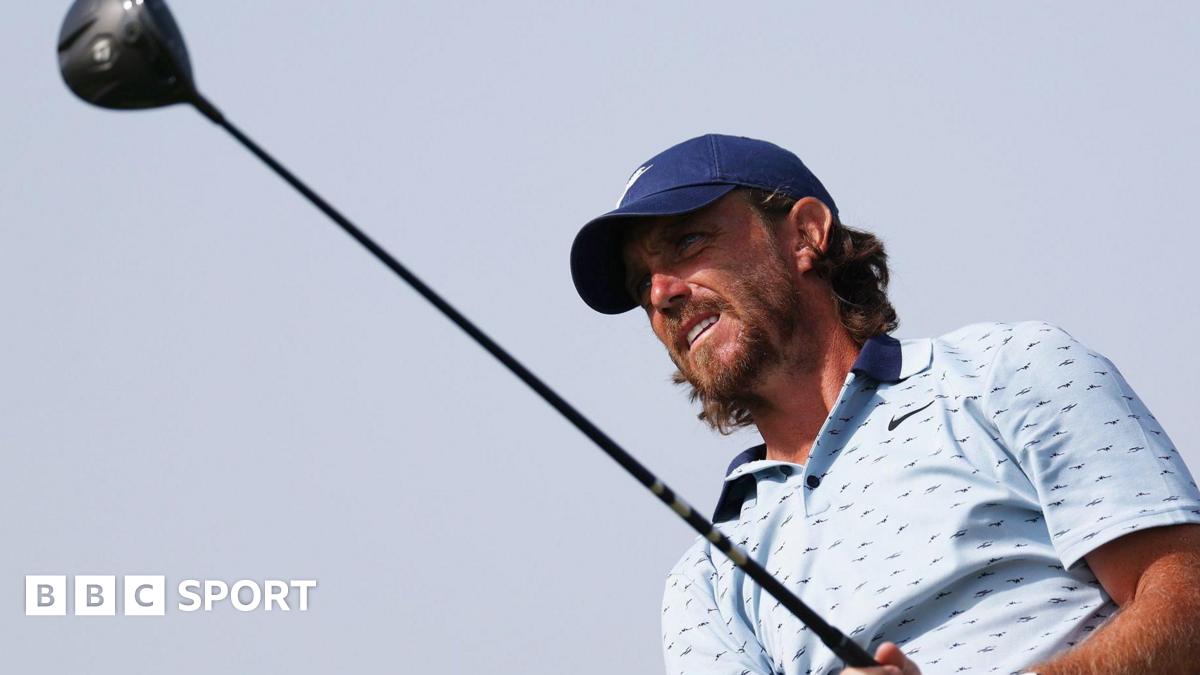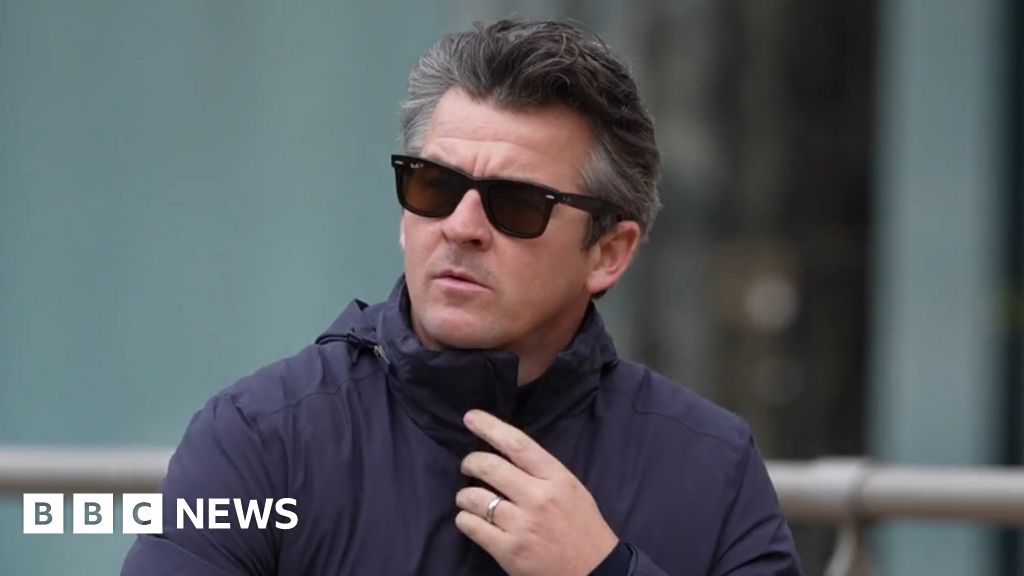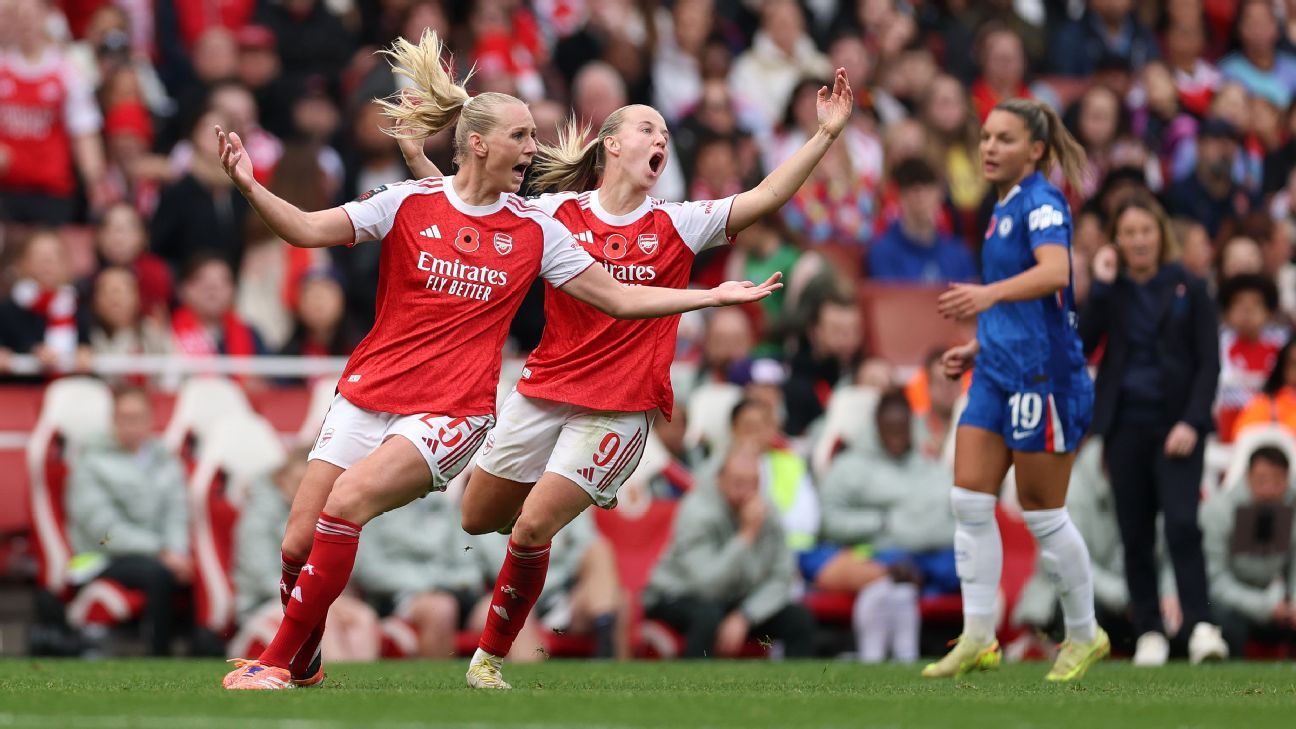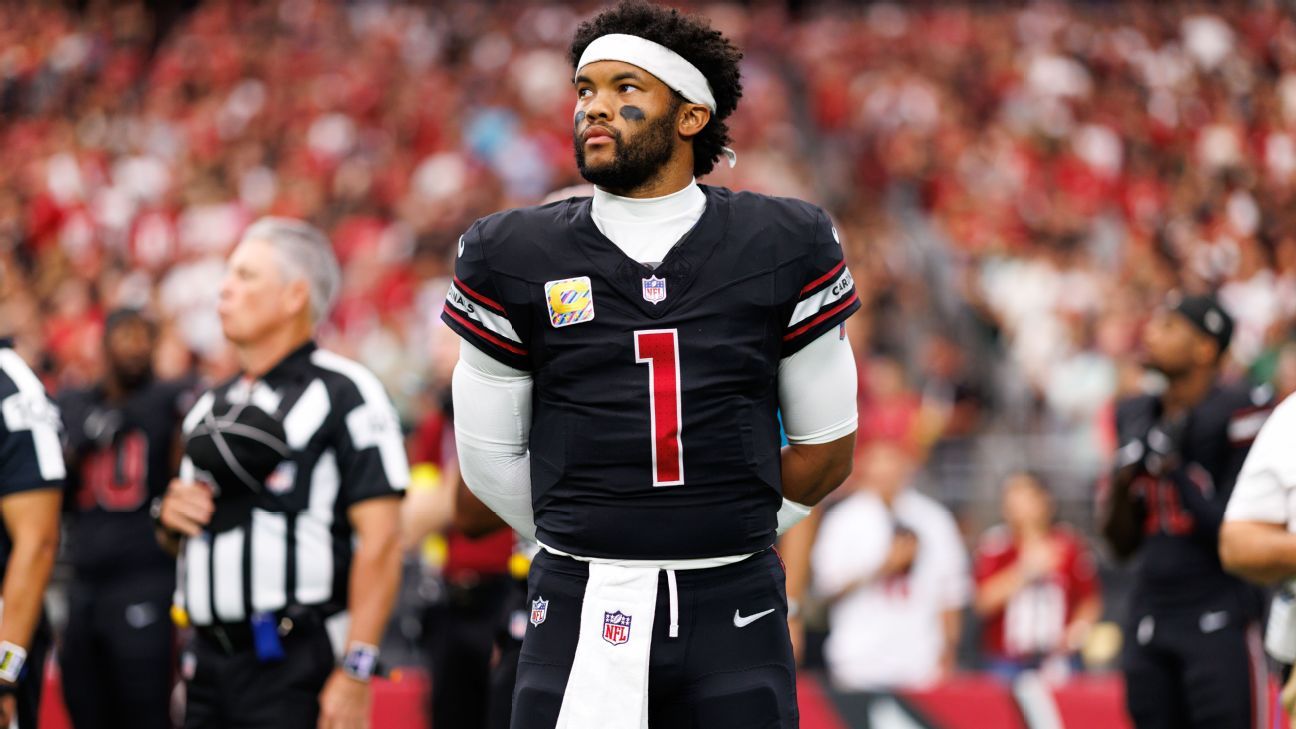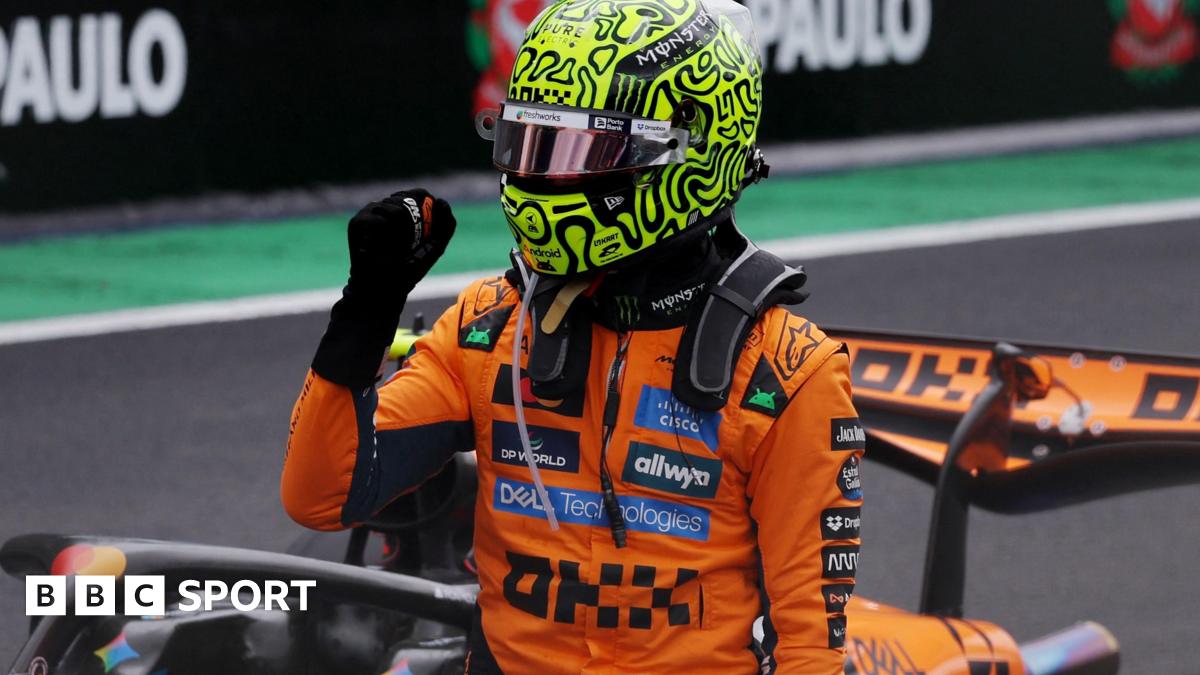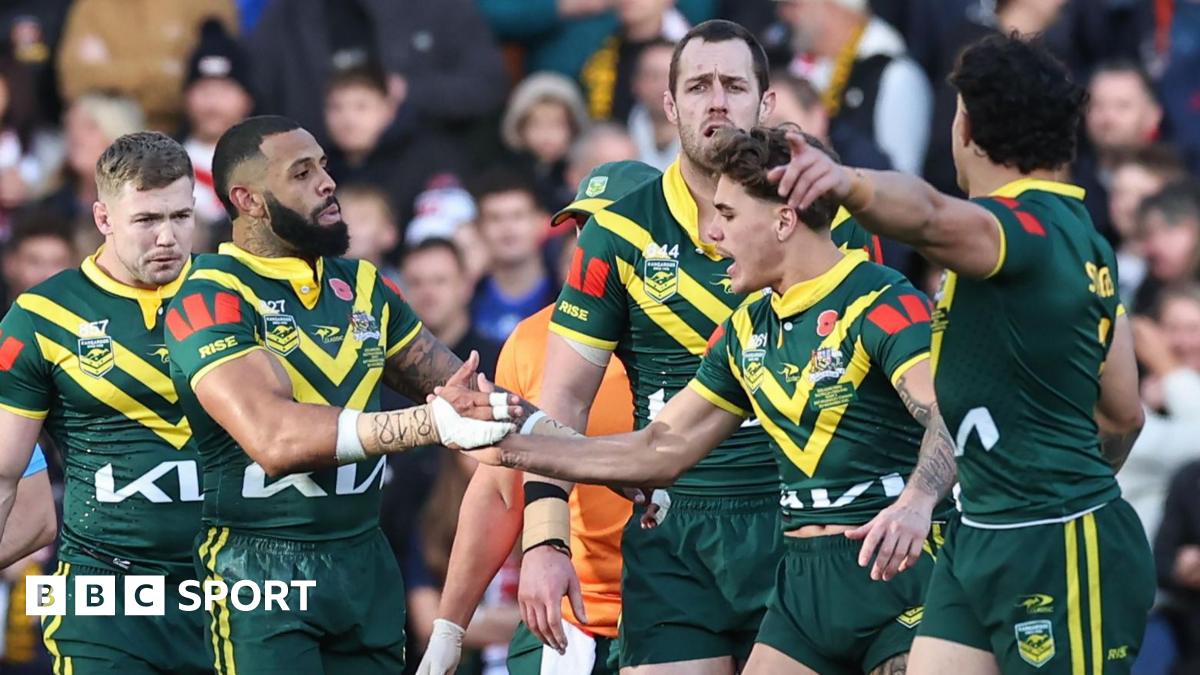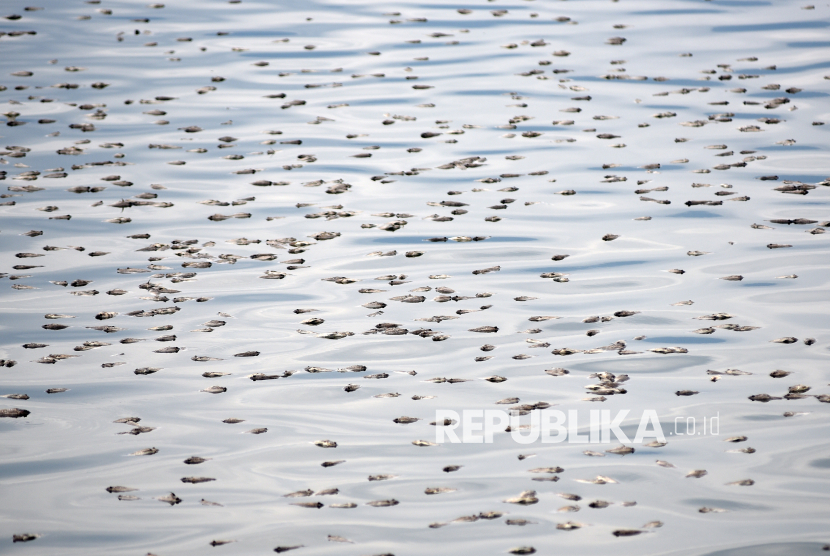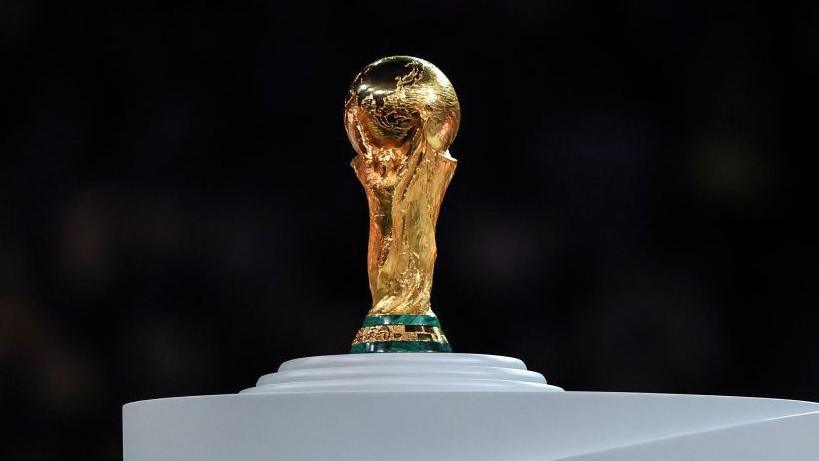 Image source, Getty Images
Image source, Getty Images
The 2026 World Cup will take place in Canada, Mexico and the United States from 11 June to 19 July
Algeria have become the 20th team to qualify for the 2026 World Cup - and at least seven more of the 48 places will be decided this week.
Asia and Africa are where all of the latest guaranteed spots will come from, with two from Asia and five more from Africa up for grabs.
Mohamed Salah scored twice on Wednesday as Egypt beat Djibouti 3-0 to seal their place at a fourth World Cup.
Algeria joined them on Thursday with Riyad Mahrez scoring in a 3-0 Group G win over bottom side Somalia.
It will be their first World Cup appearance since 2014, when they beat South Korea and drew with Russia before losing 2-1 after extra-time to Germany in the last 16.
While no countries in North and Central America or Europe are guaranteed to qualify this month, it is mathematically possible for some countries to do so.
England are in the strongest position from Europe to qualify. A win against Latvia next Tuesday could guarantee their place if other results in the group go their way.
Joint hosts Canada, Mexico and the United States were all granted automatic qualification for the World Cup.
Australia, Iran, Japan, Jordan, South Korea and Uzbekistan have already qualified from Asia.
Oceania's one direct qualification spot has been taken by New Zealand.
Tunisia and Morocco join Egypt and Algeria, with four African teams so far having confirmed qualification.
Argentina, Brazil, Ecuador, Uruguay, Paraguay and Colombia are the South American nations currently guaranteed a place.
Uzbekistan and Jordan will also be playing at a World Cup finals for the first time.
While they have not qualified for the tournament in full, Bolivia and New Caledonia are two of the six nations confirmed to take part in the inter-confederation play-offs in March 2026.
Teams through to 2026 World Cup
Hosts: Canada, Mexico, United States.
Asia: Australia, Iran, Japan, Jordan, South Korea, Uzbekistan.
Oceania: New Zealand.
South America: Argentina, Brazil, Colombia, Ecuador, Paraguay, Uruguay.
Africa: Algeria, Egypt, Morocco, Tunisia.
How does World Cup qualifying work?
Each of Fifa's six confederations use different methods of qualification to determine which nations out of each continent qualify for the World Cup.
Oceania is currently the only continent to have completed its direct qualification process for next year's World Cup.
Of the 48 teams at the tournament, three places are given to the host nations and 43 of them are earned via direct qualification from the six confederations.
The other two spots are determined via the results of the intercontinental play-offs.
South America
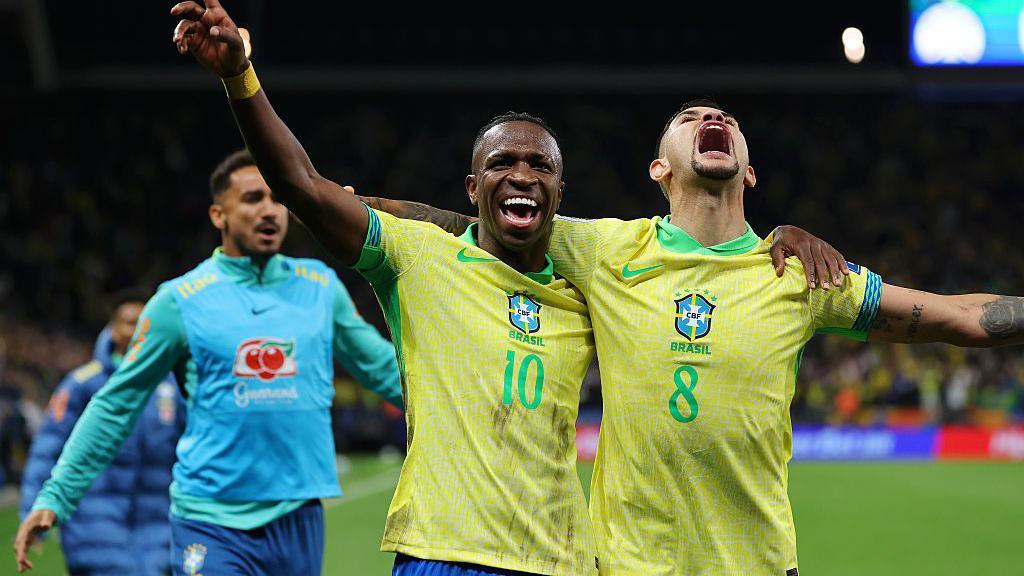 Image source, Getty Images
Image source, Getty Images
Brazil are the only nation to have featured at every World Cup in the competition's history
Qualifying places: Six, plus one into intercontinental play-offs.
Teams already through: Argentina, Brazil, Colombia, Ecuador, Paraguay, Uruguay.
Intercontinental play-offs: Bolivia.
South American qualifying comprises a big group involving all 10 teams playing 18 games each, which started in September 2023.
The top six all reach the World Cup, with seventh place going into the intercontinental play-offs.
With their qualifying now over, Bolivia beat Brazil 1-0 in the final round of games to reach the intercontinental play-offs.
Asia
Qualifying places: Eight, plus one into intercontinental play-offs.
Teams already through: Australia, Iran, Japan, Jordan, South Korea, Uzbekistan.
Asian qualifying started in October 2023 with the lower-ranked teams in action.
In the third round, the top two teams in three different groups qualified automatically.
Japan, Iran, Uzbekistan, South Korea, Jordan and Australia have secured their spots.
UAE, Qatar, Iraq, Oman, Saudi Arabia and Indonesia are in a fourth round of qualifying and two of those will also qualify automatically this month. One other side will progress via the intercontinental play-offs following a Asia play-off in November.
Africa
Qualifying places: Nine, plus one into intercontinental play-offs
Teams already through: Algeria, Egypt, Morocco, Tunisia.
There are nine African groups of World Cup qualifying, each with six teams, which started in November 2023.
The top team in each group go through automatically - with Morocco, Tunisia, Egypt and Algeria guaranteeing their places.
The other current leaders are DR Congo, South Africa, Cape Verde, Ivory Coast, Algeria and Ghana.
The final two rounds of group fixtures take place during October's international break.
The best four runners-up go into play-offs in November for the chance to earn a spot into the intercontinental play-offs.
North, Central American and Caribbean
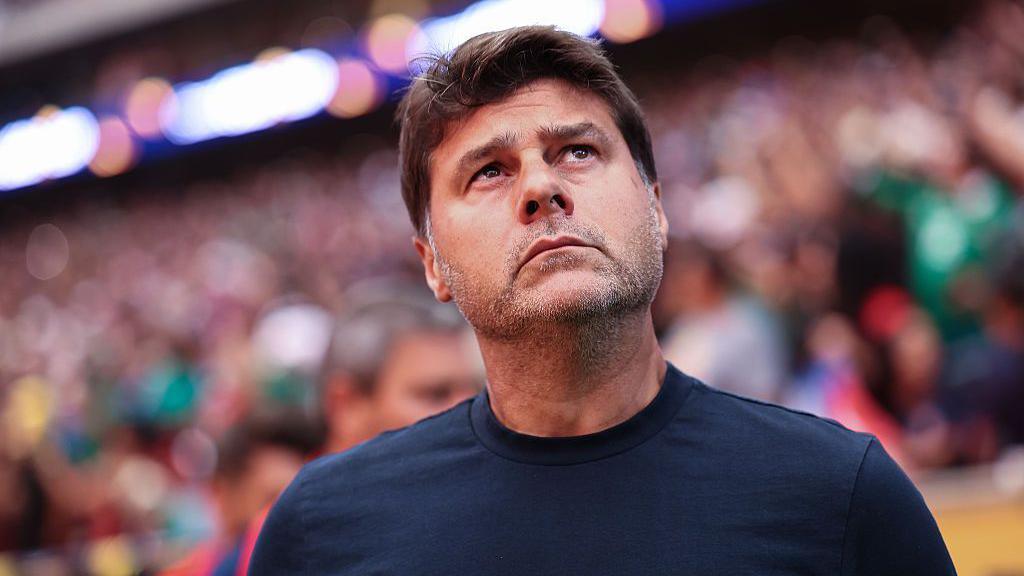 Image source, Getty Images
Image source, Getty Images
Mauricio Pochettino will lead the United States in their first World Cup as a host nation since 1994
Qualifying places: Six (including three hosts), plus two into intercontinental play-offs.
Teams already through: None through qualifying - Canada, Mexico and United States automatically as co-hosts.
The Concacaf qualifying takes a different look, with three of their biggest hitters not involved as they have qualified as hosts - but still plenty of spots up for grabs.
Twelve teams are involved in a third round of qualifying which started this month.
The winners of each group go to the World Cup and the two best-ranked runners-up going into the intercontinental play-offs.
Suriname, Jamaica and Honduras lead the three groups after the first two rounds of group matches.
Europe
Qualifying places: 16.
Teams already through: None.
There are 12 groups - with the winners of each group qualifying for the World Cup and the 12 runners-up going into play-offs with the four best-ranked Uefa Nations League group winners that have not already qualified - for four extra places.
Europe is the only continent that does not have a team in the intercontinental play-offs.
Qualifying started in March - with some teams not even playing their first qualifiers until this month because of the Nations League.
The groups end in November, with the play-offs in March 2026.
Slovakia, Switzerland, Denmark, France, Spain, Portugal, Netherlands, Bosnia and Herzegovina, Norway, North Macedonia, England and Croatia are the current group stage leaders.
Oceania
Qualifying places: One, plus one nation into intercontinental play-offs.
Teams already through: New Zealand.
Oceania qualifying has already ended - with New Zealand beating New Caledonia 3-0 in the final.
New Zealand go through to the World Cup automatically, as a result of the expanded World Cup. Oceania usually only gets a play-off spot.
New Caledonia, a French overseas territory, will take part in intercontinental play-offs in March 2026 - featuring teams from Africa, Asia, South America and North America - with two out of six teams going through.
Who is on the brink of qualifying?
Asia's next two places will be confirmed in October, with the winners of the two fourth-round groups qualifying.
England will secure qualification next month if they beat Latvia, and Serbia drop points in either of their matches against Albania and Andorra.
In Africa, five more places will be decided this month from the final two rounds of qualification matches.
Senegal need to win both matches or hope Democratic Republic of Congo drop points in their last two games in Group B.
South Africa need four points from their last two matches, with Benin, Nigeria and Rwanda all mathematically able to still win Group C.
In Group D, a win for Cape Verde in their final match at home to Eswatini would take them through. They can be caught in the final round of fixtures by Cameroon.
In Group F, a point separates Ivory Coast and Gabon going into the last two matches. Maximum points for Ivory Coast would guarantee their place, while any dropped points could allow Gabon to overtake them.
Ghana would guarantee a place ahead of Madagascar and Comoros if they pick up four points from their final matches against Comoros and the Central African Republic.
Two places will go to the six teams in the intercontinental play-offs that are played in March 2026. Bolivia and New Caledonia are the confirmed entrants so far.
This article is the latest from BBC Sport's Ask Me Anything team.
What is Ask Me Anything?
Ask Me Anything is a service dedicated to answering your questions.
We want to reward your time by telling you things you do not know and reminding you of things you do.
The team will find out everything you need to know and be able to call upon a network of contacts including our experts and pundits.
We will be answering your questions from the heart of the BBC Sport newsroom, and going behind the scenes at some of the world's biggest sporting events.
Our coverage will span the BBC Sport website, app, social media and YouTube accounts, plus BBC TV and radio.

 3 months ago
57
3 months ago
57


